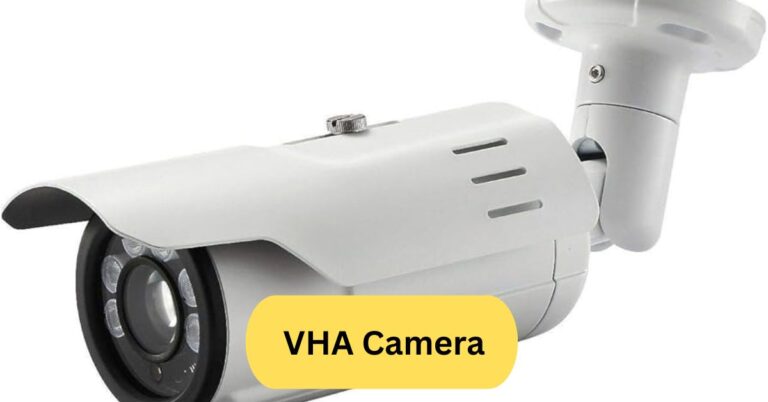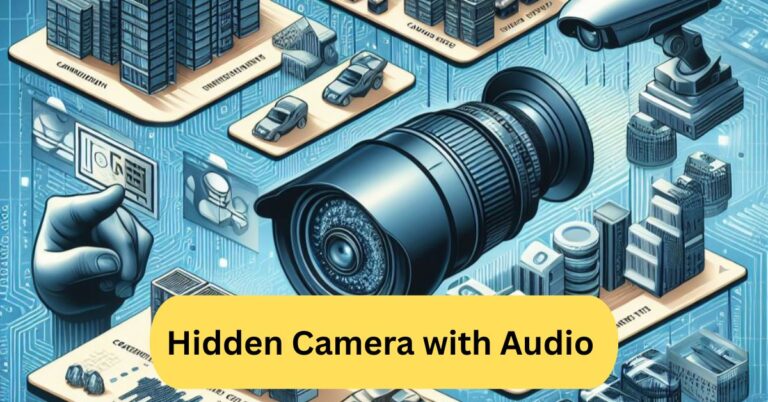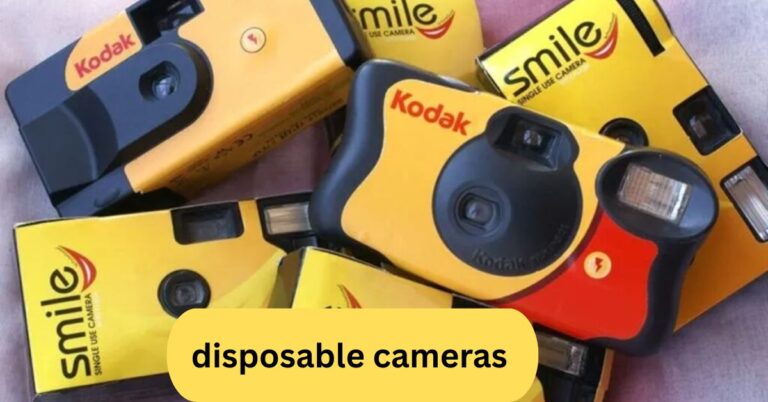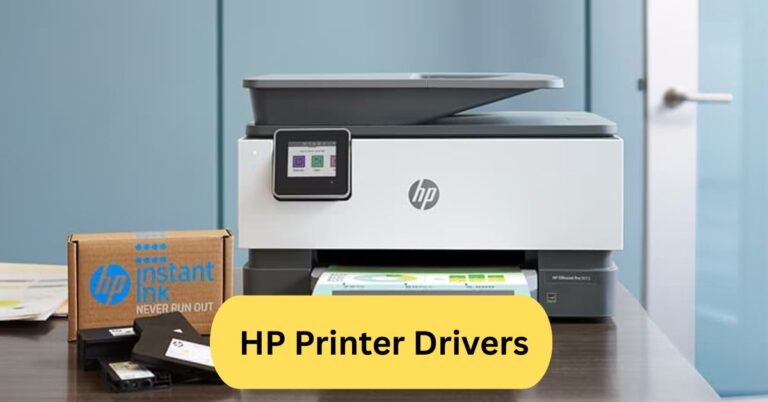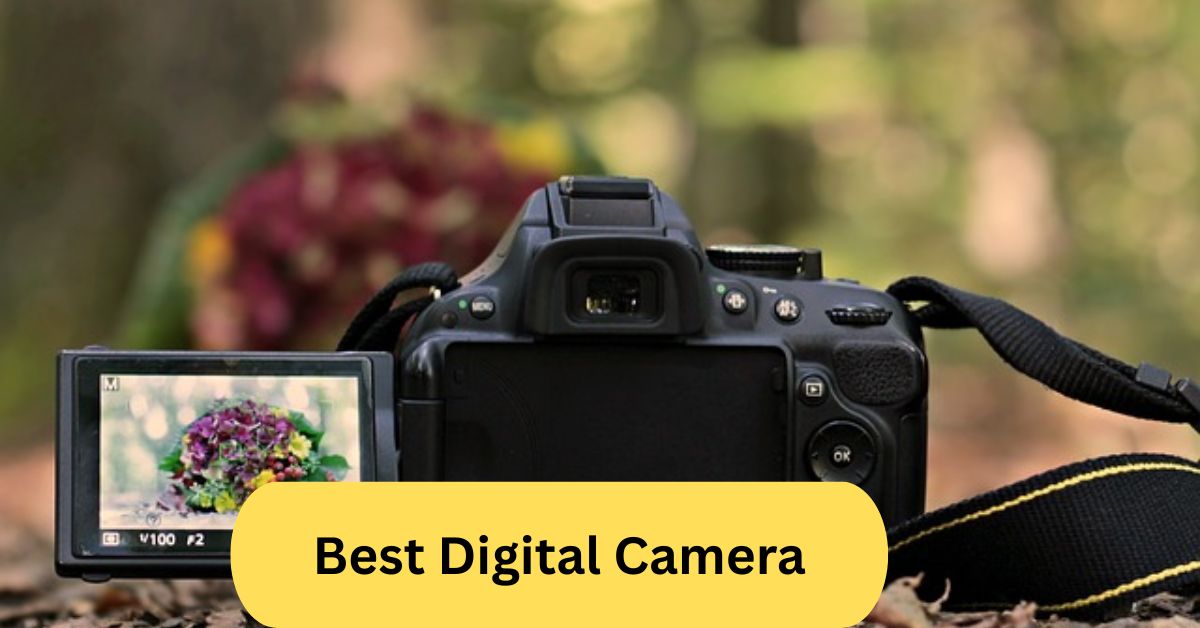
The best digital camera I’ve ever used is the Canon EOS R5. It is really enjoyable to capture both professional and everyday shots because of its great low-light performance, fast autofocus, and clear image clarity.
The best digital camera is often considered the one that combines excellent image quality, advanced features, and ease of use. Models like the Canon EOS R5 stand out for their high resolution, fast performance, and superb low-light capabilities.
In this article, we discuss about “Best digital camera”
Table of Contents
Best Cameras for Beginner Photographers – Beyond the Smartphone:
Photography has never been more accessible, yet for many beginners, the step from a smartphone camera to a dedicated camera can feel overwhelming. With so many models, brands, and specifications available, knowing where to start is half the battle. If you’re looking to take your first serious step into photography in 2025, this guide will help you choose the right camera — one that fits your needs, budget, and creative ambitions.
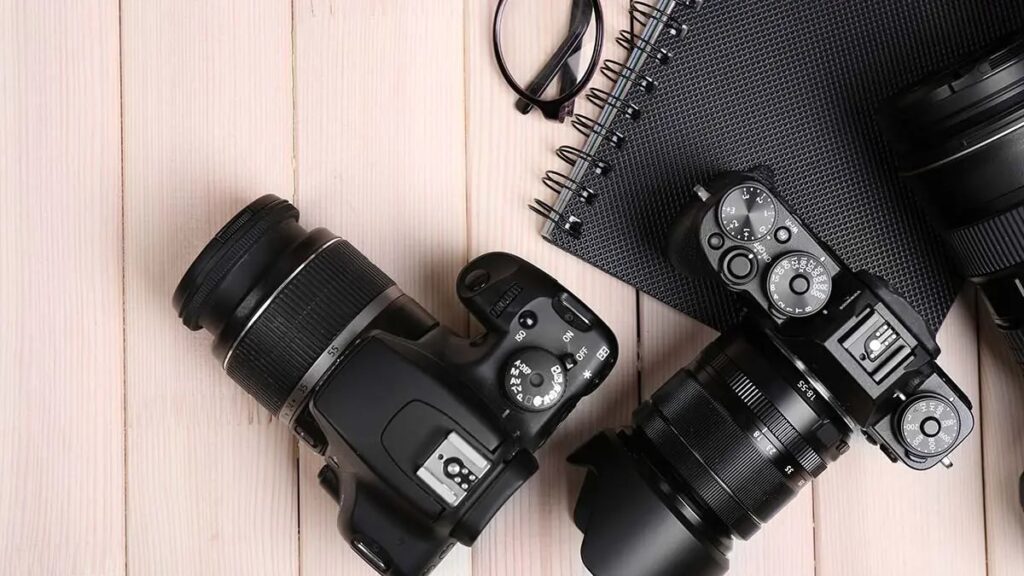
Whether you’re dreaming of capturing travel adventures, portraits of loved ones, or artistic landscapes, the right camera will make all the difference. This article blends insights from industry trends, expert reviews, and top-performing competitor comparisons to bring you the best beginner cameras of 2025, with tips on what to look for before buying.
Why Upgrade from a Smartphone?
Modern smartphones are undeniably powerful tools, with computational photography producing impressive results. However, dedicated cameras still hold several advantages:
- Largerlarger sensors for improved dynamic range and low-light performance.
- Interchangeable lenses for creative flexibility.
- Faster focusing systems for action and wildlife.
- Better ergonomics for prolonged shooting comfort.
- Longer battery life for extended sessions.
If you’ve ever been frustrated by your phone’s digital zoom, struggled with night shots, or wanted more control over depth of field, it’s time to step up.
Key Features Beginners Should Consider:
Before diving into specific models, it’s important to understand the features that matter most when choosing your first camera.
1. Ease of Use:
Beginner-friendly cameras should offer intuitive menus, guided modes, and easy-to-reach controls. Some even provide on-screen tips for settings.
2. Sensor Size:
Larger sensors (APS-C or full-frame) generally offer better image quality, but even smaller Micro Four Thirds sensors can produce excellent results for beginners.
3. Autofocus Performance:
Look for fast and reliable autofocus, ideally with subject tracking for moving people, pets, or vehicles.
4. Lens Ecosystem:
Select a camera that offers a large selection of lenses if you anticipate wanting to experiment in the future.
5. Portability:
Consider whether you’ll be carrying your camera daily or jusfor planned shoots—size and weight matter.
6. Budget:
Entry-level cameras range from around $500 to over $1,500. Spending more can get you better performance, but you don’t need the most expensive model to take great photos.
Top Beginner Cameras for 2025:
Below are some of the top picks for this year, each chosen for its balance of quality, usability, and value.

1. Canon EOS R10: The Greatest All-Rounder for Novices
The Canon EOS R10 is a compact and lightweight mirrorless camera that packs an impressive feature set for its price. With a 24.2MP APS-C sensor, fast Dual Pixel CMOS AF II autofocus, and burst shooting at up to 15fps, it’s a perfect all-rounder for beginners who want versatility.
- Pros: Excellent autofocus, lightweight, great lens selection.
- Cons: No in-body image stabilization (IBIS).
- Best for: Travel, portraits, and everyday photography.
2. Nikon Z30 – Perfect for Hybrid Shooters:
If your goal is to combine photography with video, the Nikon Z30 is an excellent option. Designed with content creators in mind, it has a 20.9MP APS-C sensor, a fully articulating screen, and superb video capabilities up to 4K 30fps.
- Pros: Great video quality, user-friendly interface, and affordable.
- Cons: No electronic viewfinder.
- Best for: Vloggers and YouTubers starting out.
3. Sony ZV-E10 – Best for Video-Centric Beginners:
Sony’s ZV-E10 is an easy recommendation for beginners interested in vlogging. It boasts a 24.2MP APS-C sensor, strong autofocus, and built-in features designed for content creation, such as a product showcase mode and a background defocus button.
- Pros: Excellent autofocus tracking, compact design.
- Cons: Rolling shutter in some video modes.
- Best for: Beginners prioritizing video content.
4. Fujifilm X-T30 II – Style Meets Substance:
For those who value both performance and aesthetics, the Fujifilm X-T30 II is a stylish camera with retro appeal and outstanding image quality. It features a 26.1MP X-Trans CMOS 4 sensor, fast autofocus, and Fujifilm’s celebrated film simulation modes.
- Pros: Beautiful color science, compact size, tactile controls.
- Cons: Large hands may find a smaller grip unpleasant.
- Best for: Creative photographers and travel enthusiasts.
5. Olympus OM-D E-M10 Mark IV: Compact and Reasonably Priced:
Because of its portability, this Micro Four Thirds camera is ideal for novices. The compact, light body of the OM-D E-M10 Mark IV houses a fully articulating touchscreen, 5-axis IBIS, and 20MP resolution.
- Pros: Compact and light, in-body stabilization, and budget-friendly.
- Cons: Smaller sensor than APS-C models.
- Best for: Everyday carry and casual photography.
Tips for Getting the Most Out of Your First Camera:
Buying your first dedicated camera is only the start. Here’s how to make the most of it:
1. Learn the Basics of Exposure:
Understanding the relationship between aperture, shutter speed, and ISO will give you creative control over your images.
2. Experiment with Different Modes:
Auto mode is great for quick shots, but trying aperture priority, shutter priority, and manual modes will help you grow.
3. Invest in a Good Lens:
The kit lens is fine to start, but upgrading to a prime lens (like a 35mm or 50mm) can dramatically improve your image quality.
4. Practice Regularly:
You should always carry your camera with you because photography is a skill that improves with practice.
How Much Should You Spend?
For most beginners, spending between $600–$1,000 on a camera and kit lens strikes a good balance between affordability and performance. If you already know you’ll be serious about photography, stretching your budget to $1,500 can get you features that will last you longer before you feel the need to upgrade
Looking Ahead—The Future of Beginner Cameras:
As technology advances, even entry-level cameras are gaining AI-driven autofocus, higher burst rates, and advanced video features once reserved for professional gear. In 2025, the competition among camera brands means beginners have more options than ever — and at better prices.
Final Thoughts:
Choosing your first camera is an exciting step, but it doesn’t have to be overwhelming. By focusing on ease of use, sensor size, autofocus, and portability, you can find a model that fits your needs and inspires your creativity.
From the versatile Canon EOS R10 to the stylish Fujifilm X-T30 II and the video-friendly Sony ZV-E10, today’s beginner cameras offer incredible performance in compact, user-friendly designs. Once you have your camera, the most important thing is to get out and shoot — because the best way to learn photography is by doing it.
8 best digital cameras of 2025:
The 8 best digital cameras of 2025 offer outstanding image quality, advanced autofocus, and great low-light performance. Top picks include the Canon EOS R5, Sony A7 IV, Nikon Z9, and Fujifilm X-T5, catering to both professionals and enthusiasts.
Digital Cameras:
Digital cameras capture high-quality images and videos using electronic sensors instead of film. They range from compact point-and-shoot models to professional DSLRs and mirrorless systems,offering various features for beginners and experts alike.
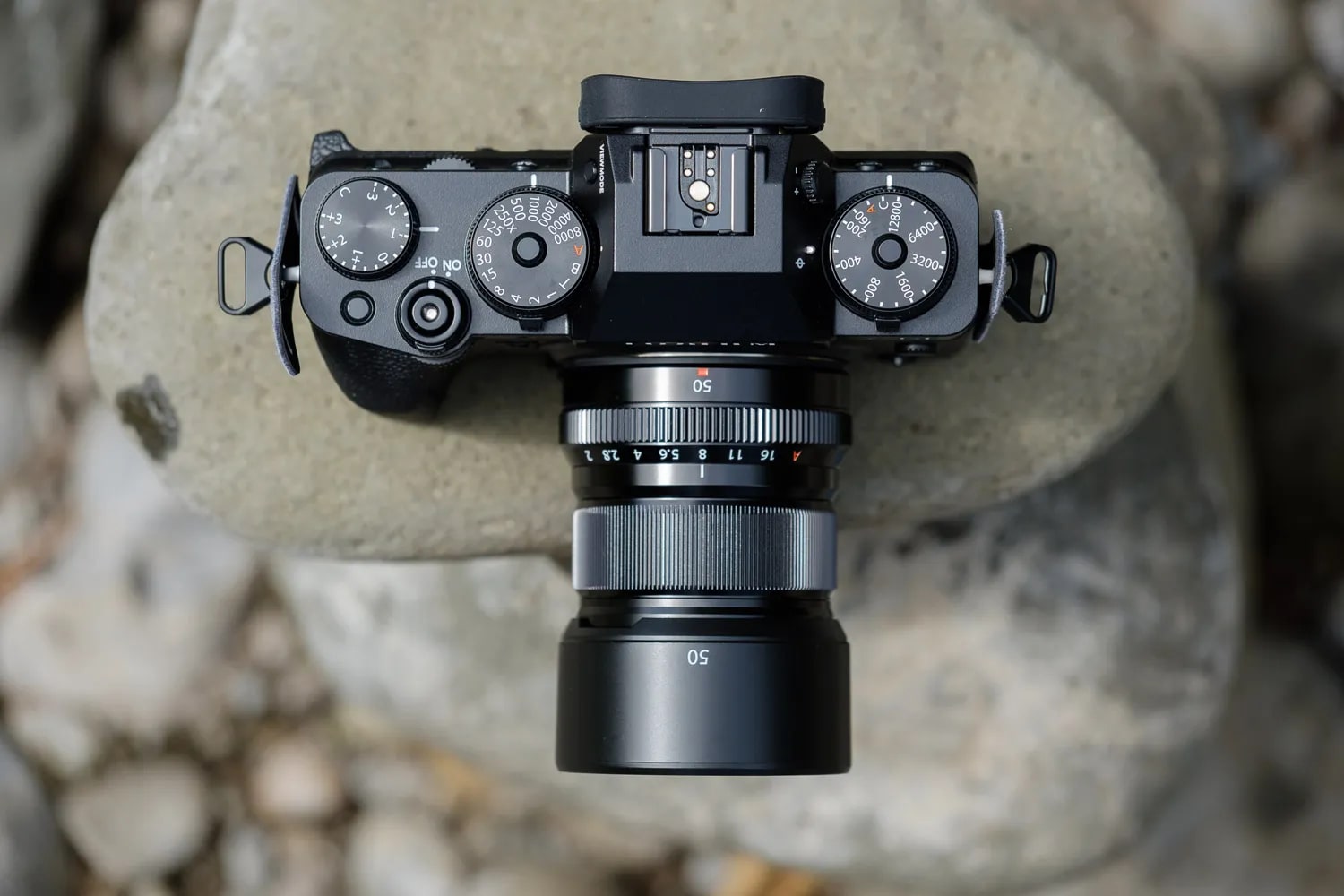
Best digital camera for beginners:
The best digital camera for beginners is easy to use, lightweight, and delivers sharp photos, such as the Canon EOS R10, Nikon Z50, or Sony ZV-E10. These cameras offer simple controls and features that help new photographers learn quickly.
Frequently Asked Questions:
1. What is the best digital camera currently?
The Sony Alpha a7 IV is currently one of the best digital cameras, offering top-tier image quality, fast autofocus, and 4K video. It’s great for both professionals and serious hobbyists.
2. Why is Gen Z obsessed with digital cameras?
Gen Z loves digital cameras for their retro vibes, nostalgic feel, and the unique aesthetic that phone cameras don’t offer. They also enjoy the slower, more intentional photography process.
3. Which camera is best for basic photography?
The Canon EOS Rebel T7 is great for beginners, with easy-to-use features, solid image quality, and an affordable price point.
4. What is the cheapest but good camera?
The Kodak PIXPRO FZ55 is a budget-friendly option under $100, offering decent image quality, zoom, and portability for casual use.
5. What is the difference between DSLR and digital?
A DSLR is a type of digital camera that uses a mirror system for optical viewfinding, while “digital” can refer to any camera that records images electronically, including point-and-shoots and mirrorless.
6. What is the best camera without a monthly fee?
The Eufy Security SoloCam or Blink Outdoor offers excellent performance with no mandatory subscription, saving you money long-term.
7. Are Blink cameras good?
Yes, Blink cameras are affordable, easy to install, and provide decent video quality for basic home security needs.
8. Are Eufy cameras good?
Eufy cameras are known for clear video, local storage, and no monthly fees, making them a great option for privacy-conscious users.
9. Can you use a camera without a subscription?
Yes, many cameras like Eufy, Wyze, and some Blink models offer features like live view and local storage without requiring a subscription.
10. What is the best home camera?
The Reolink Argus PT 4K+ is a top choice with ultra-clear 4K video, color night vision, and wireless setup, all without a monthly fee.
Conclusion:
In 2025, digital cameras will offer more versatility, performance, and value than ever before, making it easier for both beginners and professionals to capture stunning images. Whether you’re starting with a user-friendly model like the Canon EOS R10 or investing in top-tier gear like the Canon EOS R5, there’s a perfect fit for every need and budget. The key is to choose a camera that inspires you to shoot regularly and grow your skills.
